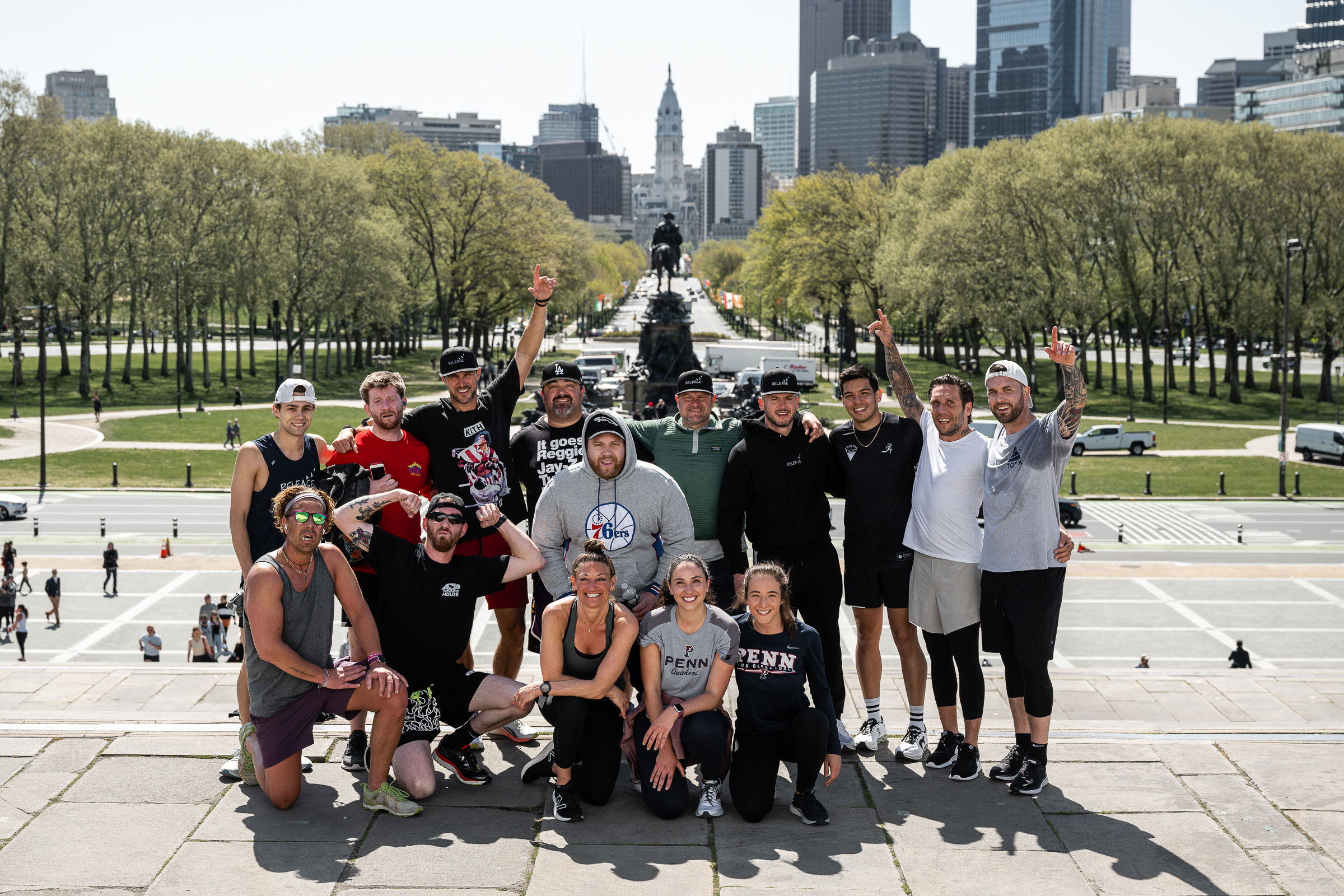
3 Things to Look for in Transitional Living
Returning to the people, places, and things — your life as you knew it — following treatment is a significant challenge in maintaining your newfound recovery. Transitional living programs can provide the structure, accountability, and community to sustain your recovery during this critical time.
Recognizing that you need transitional living, or your family or loved one understanding that transitional living is a critical next step in your recovery journey, is just Step One. Step Two is choosing the right facility. For many, this is a daunting, confusing process. That’s why we’re lifting up three things we recommend families prioritize on their search – that we at Release Recovery take pride in offering:
View this post on Instagram
1. Safety and Reliability.
You need to feel confident you or your loved one is in good hands. At Release, we can guarantee that there are staff members onsite 24/7 (at a high client-to staff-ratio) to ensure the safety and well-being of each and every client. Our staff is also majority homegrown with lived experience and seasoned expertise. If you are considering other transitional living programs, make sure they provide overnight, awake staff. Many programs do not offer this, and it’s critical. All of our clients are also required to breathalyze nightly and are randomly drug tested 3-4 times a week.
2. Family Support.
Addiction and mental health issues affect the whole family. At Release, especially our Westchester Counseling Center, we treat the whole family system. From developing unique family care plans to offering family coaches, family involvement is crucial to our process and for our clients. And importantly, we support families in doing their own work because recovery is not just about helping your loved ones heal; it’s about helping the whole family heal.
3. More than just a bed.
Transitional living facilities aren’t hotels, and you should expect more from them. At Release, we provide a program – using evidence-based practices, clinical, peer, and family support – to build a foundation for long-term recovery. From volunteer work, cooking, and yoga to academic and career support, writing, and group movement classes, Release’s programming is extensive and diverse. Every client is also assigned a case manager, who meets with clients regularly, advocates for their best interest, maintains communication with all key stakeholders, and provides start-to-end guidance and coordination of the treatment process.
Also be sure to check out our Founder and CEO Zac Clark’s conversation with Forbes Health about transitional living programs – defining them and their effectiveness.
We understand how difficult a position you are in. We’ve been there. Committing to invest more time, money, and resources toward recovery isn’t easy. But we can assure you long-term recovery is worth it. Whether you come to Release or one of the many other organizations doing great work in our field, we’re here to help. Reach out with any questions or interest in learning more.